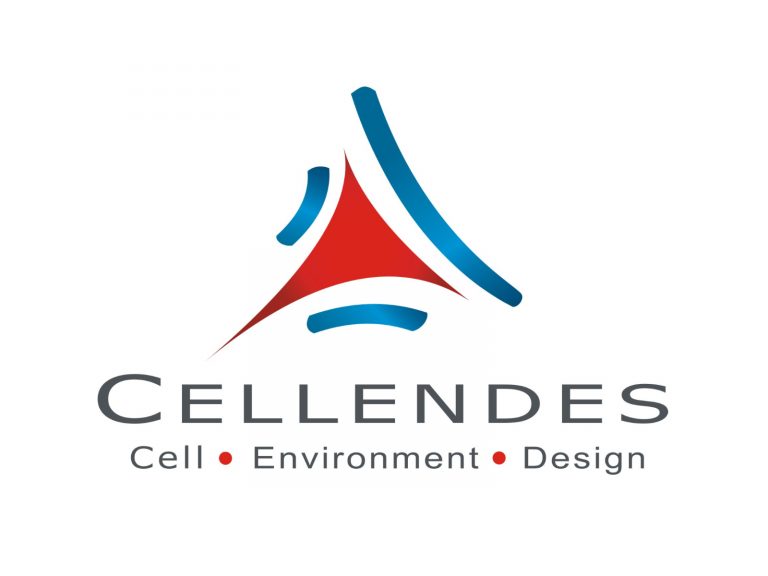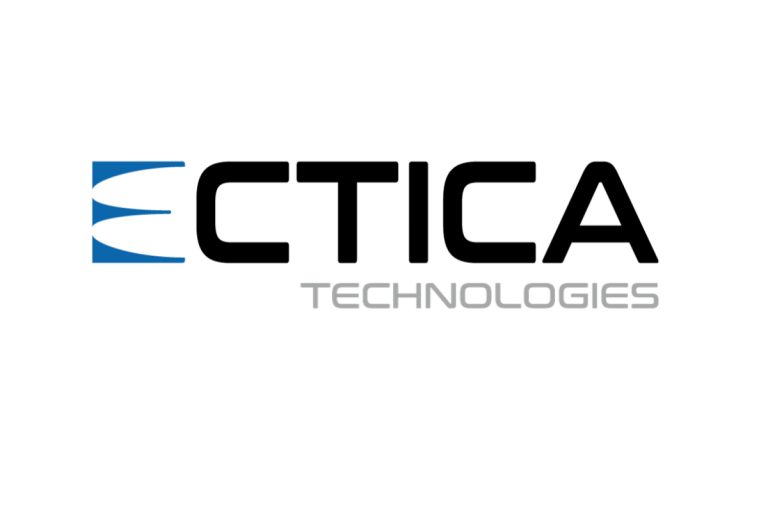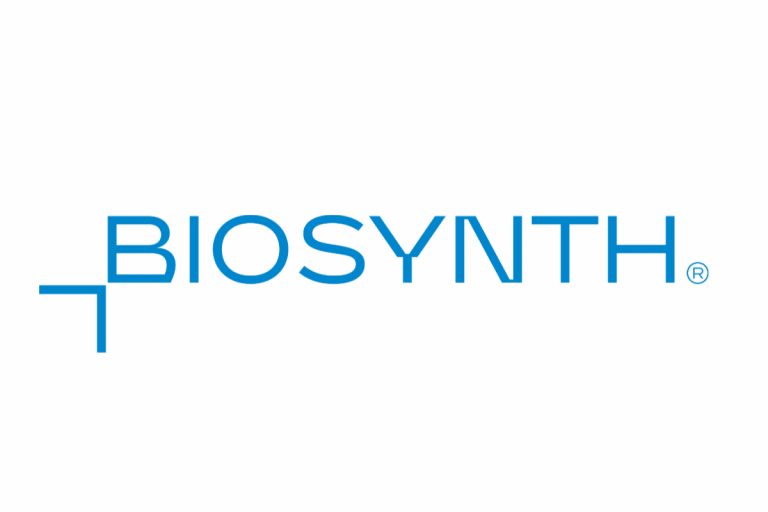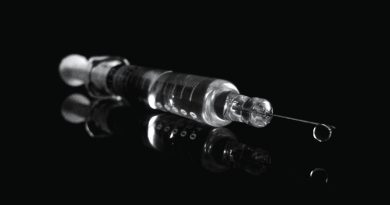Coya Therapeutics’ COYA 301 (interleukin-2) Shows Promising Results in Open Label Alzheimer’s Study
Coya Therapeutics’ investigational low-dose interleukin-2 (IL-2) for subcutaneous administration, COYA 301, has been found to increase Treg function and halt the cognitive decline in an Open Label Study in patients with Alzheimer’s disease.
Texas-based Coya Therapeutics, a clinical-stage biotechnology company focused on developing multiple therapeutic platforms intended to enhance Treg function, including biologics and cell therapies, has announced the findings from an open-label proof-of-concept clinical study for COYA 301 in Alzheimer’s Disease (AD) patients.
COYA 301 is Coya’s investigational low-dose interleukin-2 (IL-2) has been developed to enhance the function of regulatory T cells (Tregs) in vivo.
The investigator-initiated study was conducted by Dr. Appel and Dr. Faridar at the Houston Methodist Hospital. The study enrolled 8 patients with confirmed presence of brain amyloid pathology and baseline MMSE scores between 12 and 25. These patients underwent four cycles of COYA 301 treatment, consisting of five-day courses each month, and were subsequently monitored for two months after completion of the treatment. The evaluation encompassed assessments of Treg function and quantities, serum inflammation biomarkers, and cognitive performance as measured by ADAS-Cog, CDR-SB, and MMSE assessment tools.
Treatment with COYA 301 resulted in a statistically significant improvement in cognitive function
The treatment with COYA 301 has resulted in a statistically significant improvement in cognitive function, as measured by the Mini-Mental State Examination test (MMSE). In addition, no cognitive decline was observed when it was measured by the Alzheimer’s Disease Assessment Scale–Cognitive Subscale (ADAS-Cog), and the Clinical Dementia Rating-Sum of Boxes scale (CDR-SB).
Adrian Hepner, M.D., Ph.D., President and Chief Medical Officer of Coya commented:
“We believe the outcomes of this proof-of-concept study of COYA 301 in patients with AD are encouraging and we will continue to analyze the data to decide our next steps. These results and the recent positive data for COYA 302 in the treatment of ALS strengthen Coya’s approach for the development of immunotherapies for the treatment of neurodegenerative diseases.”
Clinically, evaluation of cognitive function showed that administration of COYA 301 resulted in a statistically significant improvement in mean MMSE scores during the treatment phase, compared to mean MMSE score at baseline (p=0.015). Consistent with the positive trend in MMSE score, mean scores in ADAS-Cog and CDR-SB scales did not significantly change at the end of treatment with COYA 301, compared to pre-treatment baseline scores, indicating no cognitive decline as measured by these validated instruments.
The study’s outcomes will be unveiled at the Keystone Conference titled ‘Neurodegeneration: New Biology Guiding the Next Generation of Therapeutic Development’ in Whistler, B.C., Canada, on May 16, 2023. The poster associated with the study can be accessed through this link.
During the 4-month treatment period, COYA 301 appeared to be well tolerated. The most common adverse events were mild injection-site reactions and mild leukopenia. No serious adverse events were reported, and no patient discontinued the study.
COYA 301 administration significantly expanded Treg population and function. At baseline, the mean (SD) percentage of Tregs was 4.55 (1.97) and was almost double at the end of the treatment [8.68 (2.99), p=0.0004]. Mean (SD) Treg suppressive function was 46.61% (7.74) at baseline, and significantly increased to 79.5 % (20.55) at the end of treatment (p=0.003). In addition, COYA 301 significantly lowered the blood levels of the pro-inflammatory cytokines and chemokines IL-15, CCL2 and CCL11 following each treatment cycle.
Chemokines are among the next-generation AD Biomarkers and are important regulators of both the central and peripheral immune response and play a critical role in inflammatory processes of the brain. Many studies have found that chemokines regulate the infiltration of peripheral immune cells into the AD brain, are involved in the accumulation of Aβ deposition in microglia cells and tau phosphorylation, and correlate with disease progression and survival. Modulating chemokines and other pro-inflammatory markers with treatments in AD may serve as potential indicators of disease progression and therapeutic response.
Stanley Appel, M.D., Professor at Houston Methodist and Chair of Coya’s Scientific Advisory Board commented:
“Our study of low-dose IL-2 in patients with AD provided promising results. The therapy was well tolerated, and most significantly it demonstrated expansion in Treg population, and lowered pro-inflammatory cytokines and chemokines. These positive findings were further supported by lack of decline in cognitive function during the treatment phase, suggesting that low dose IL-2 may provide a potentially meaningful approach for the treatment of AD.”
Additional details about the study can be found at www.coyatherapeutics.com
Recommended Companies
More Headlines








